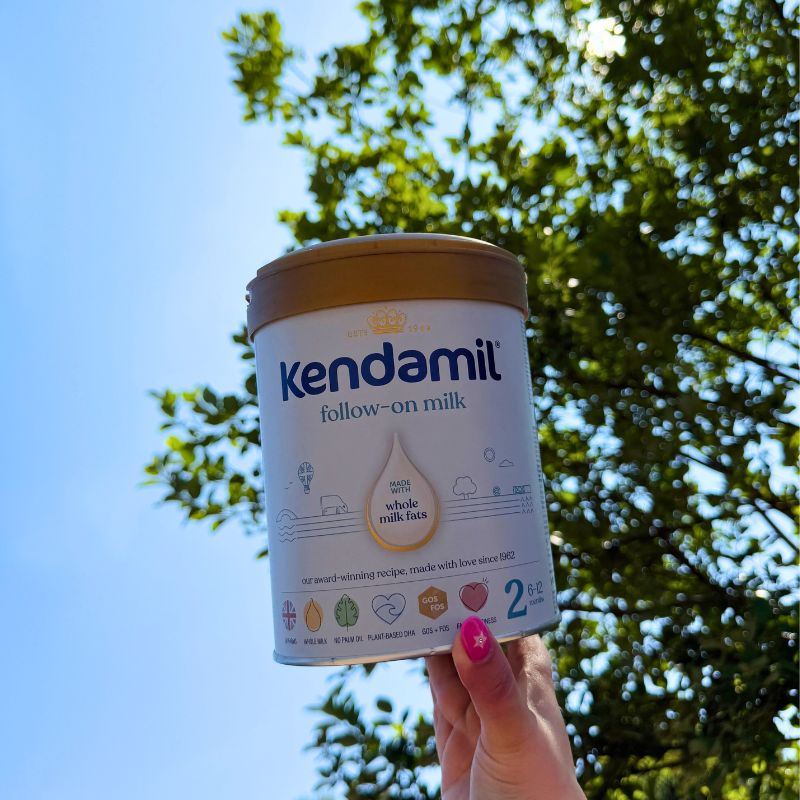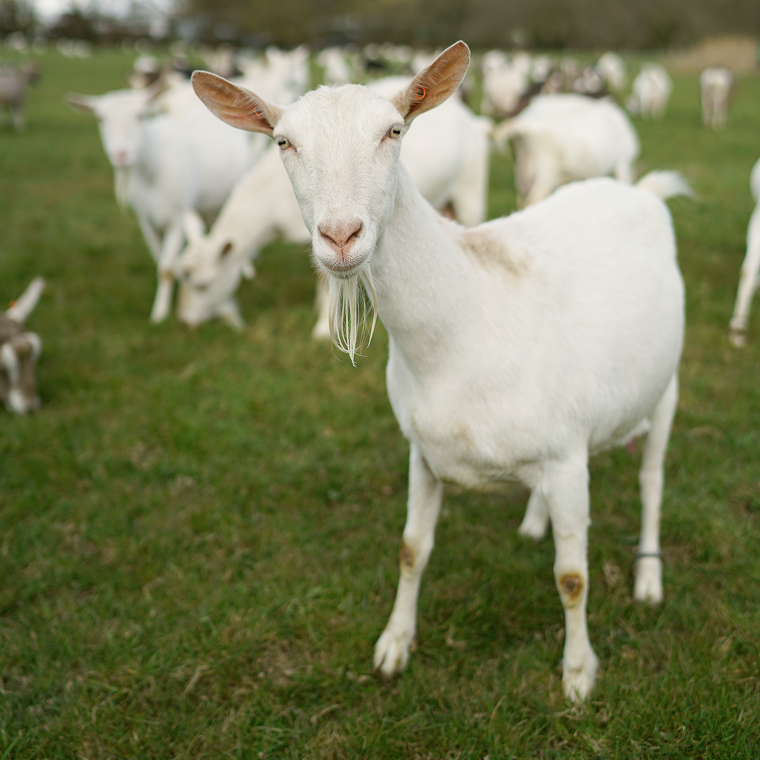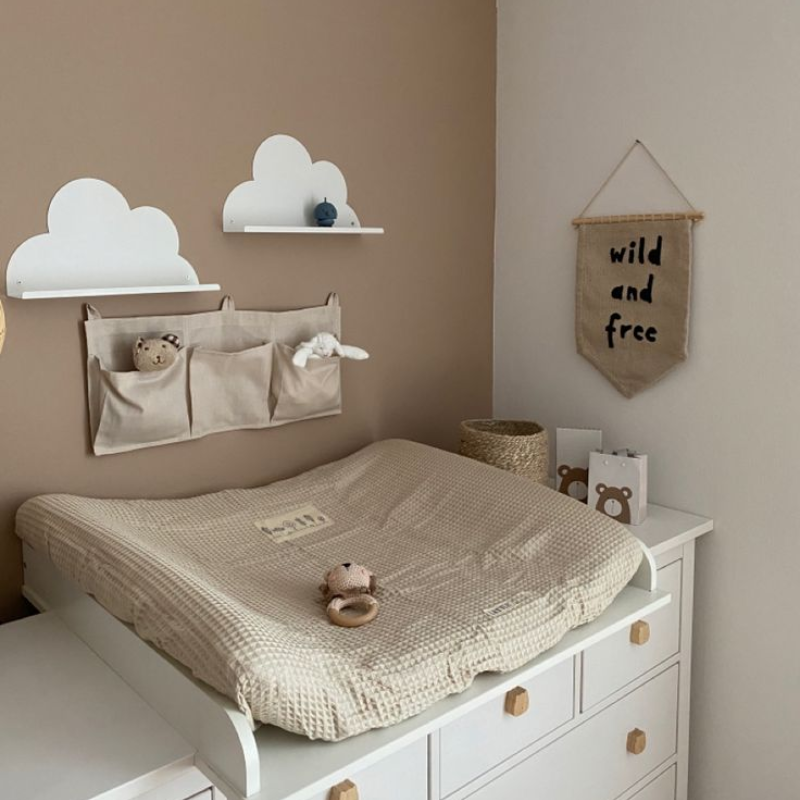According to child psychologists, as your baby develops, so does the way they play. And each stage of your little one’s play is important in nurturing their intelligence, cognition, and social skills. Here at Kendamil, we’re all about the fun. ESPECIALLY when that fun serves an important and valuable purpose. This quote by Charles E. Shaefer sums up our feelings:
✨ ‘We are never more fully alive, more completely ourselves, or more deeply engrossed in anything than when we are playing’. ✨
As adults, it reminds us that playtime is a natural instinct that we all have. And it should be nurtured and taken seriously!! So, let’s dig into the nitty-gritty of all things play - so that you can help your little one grow and develop through the medium of fun!!
And, who knows? Maybe, in the process, you can relocate your own playful spirit!
🤔 So what are the 6 stages of play development? 🤔
Are you ready to delve into the fascinating world of play? Let’s go!
When your little one’s a baby, their ‘play’ will manifest through motor movement, such as kicking, reaching for things and so forth. Your baby is discovering the world around them!

Need extra resources? Check out our ‘best toys for babies 0-6 months’ blog to nurture your baby’s motor and sensory skills and movement with the best possible toys for their age.
This involves a lot of independent play. Your little one may want to play with blocks and boxes over and over again - fostering their creativity. You might also find that your little one develops an imaginary friend. Don’t be alarmed! Unless you live in a horror movie, imaginary friends are simple manifestations of your little one’s budding imagination, helping them to start conversing, explaining concepts and becoming creative little beings.

Need extra resources? Check out our ‘best toys for babies 6-12 months’ blog and ‘best toys for toddlers’ blog to foster your child’s solitary time - with the right toys to stimulate a strong sense of creativity and imagination!
As your little one develops into their toddlerhood, you’ll likely see them people-watching. Especially if other children are nearby!

Need extra resources? The NHS has a great number of articles on nurturing your little one’s play development, solitary or otherwise. We like this one, because it talks you through the best way to foster your child’s ‘everyday skills’.
Also known as ‘parallel play’ your toddler may be playing alongside other children, not quite engaging with them quite yet.

Need extra resources? Alongside our ‘best toys for toddlers’ article, we feel that our ‘toy safety’ blog may come in especially handy during this period of ‘parallel play’ - especially as your little one deviates to playing ALONGSIDE other children. There’s the chance that your little one could emulate other children’s activities, so it’s important to stay alert and keep your little one safe as they play.
In their late-toddler years, you’ll likely find your little one is playing with their peers (especially if you’re sending them to nursery!). This is a fantastic time for your toddler to begin to nurture their interactive, team-building skills. However, you might find that your little one is still engaging in solitary play quite a bit - perhaps playing alongside other children, with the same toy, but engaging in different activities. That’s totally normal.

Need extra resources? This NHS article specialises in the different types of toddler play,both independent and interactive! Your little one is warming up to the final stage: cooperative play…
By the time your child hits 4, they’re probably engaging in cooperative play, aka: playing with other children. They’ll likely be showing an interest in the other child AND engaging in the same activities with them.

Need extra resources? This can be a trickier time for you, and your toddler, as they begin to assimilate playing with their age-mates and developing crucial social skills, teamwork practices and more. We love this NHS resource, which details how to encourage your child to play if they’re a bit shy, sensitive or hesitant. Remember that your child will get there, and that patience is your best friend during this period!
🎉 The different types of play. 🎉
So what does ‘playtime’ involve??
🏅 Competitive play: this teaches your child all about turn-taking, teamwork, emotional regulation and how to be a good sport.
🏗️ Constructive play: learning to build, develop and create (with blocks, puzzles and so forth) can teach your little one qualities such as creativity, determination and dexterity.
👸🏿 Fantasy play: Is your little one fixated on pretending to be a dragon, princess or unicorn? Nurture it! Fantasy play allows children to cooperate with others, develop their imagination, expand their vocabulary, exercise their creativity and learn to share and strategise!
⚽ Physical play: Running, jumping, throwing a ball...any physical activity is a vital part of helping your child develop their motor skills and get those endorphins running! Physical activity is a healthy way for kids to release excess energy, sleep well at night and channel their emotions through exercise.
🎨 Symbolic play: All the other means of play - such as singing, painting, drawing, writing, making music (and so much more!) can be included here. Symbolic play is important in helping children express themselves, find passion and enjoyment through creative activities, explore new ideas and emotions and develop new skills.
And, now on to the benefits of a specific type of play: independent play!!
🌟 Why should we nurture our little one’s independent play? 🌟
Independent play might not be the top of your priority, as a parent. But, trust us when we say it’s EXTREMELY important to give your child time to play on their own.
Here are some of our favourite skills associated with solitary play:
✔️ Creativity: This is a GREAT way to foster your little one’s independence and imagination.
✔️ Problem-solving: This helps your little one find resolutions and solutions.
✔️ Learning what they’re good at: Sports, cooking, art or writing. Let your child find what they’re passionate about; what they’re good at. You may be surprised!
✔️ Confidence: By being able to solve problems on their own and develop control over things, children can gain self-esteem and confidence.
✔️ Self–regulation: Playing, whether alone or with other children, can help engage your child in a positive way. Patience, emotional control and teamwork can be nurtured through most types of play. This can help your little one develop their other social skills.
🥰 What does independent play look like? 🥰
- Your child may express themselves, either quietly or through loud noises!
- They may enjoy playing with open-ended toys, which foster their creativity, like blocks or boxes!
- They may have imaginary friends!
In essence, nurture your little one’s independence with some solitary playtime!
⏱️🎉 Moral of the article? Make time for play! 🎉⏱️
Developing your little one’s skills never looked so…fun. We hope this blog guides you to nurture your child’s development through play.
✨ Need some parenting support? Our Customer Support Team are fellow mums and dads.✨
Our customer support team of fellow mums and dads have helped thousands of parents. We’re here for you.

















